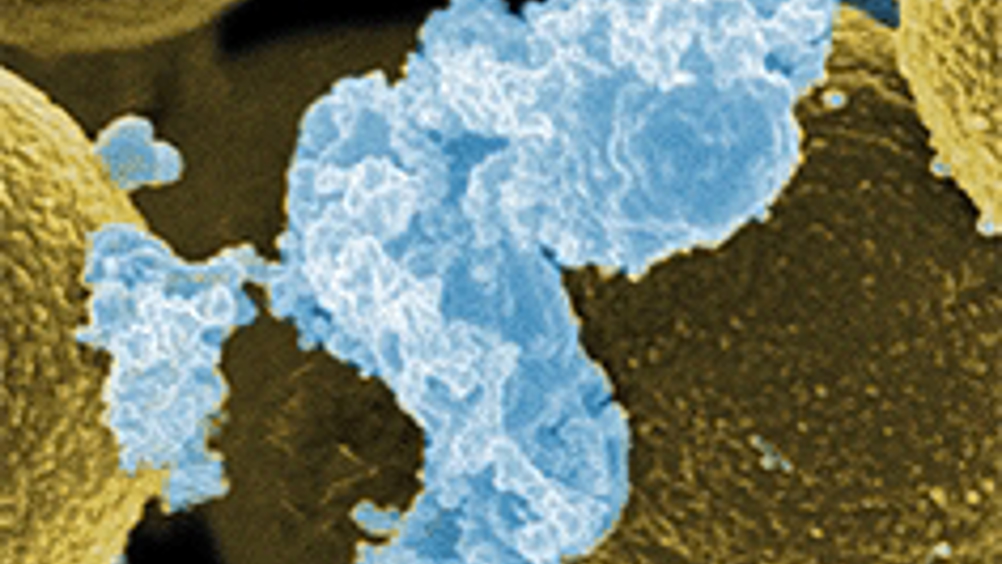Nanotechnology may provide antibacterial breakthrough
Contracting hospital-acquired infections through catheter or IV lines could be avoided with a new nanoparticle-based technology currently used in large-scale chemical processes.

This is the goal of researchers from four UK universities that have received £223,013 of government funding plus support from Irish microfluidic chip developer Cellix for their ‘Smart Composites for Minimising Bacterial Biofilm Formation’ project.
Project leader James Davis, a professor from the Nanotechnology and Advanced Materials Research Institute at Ulster University, said the team will spend two years developing a prototype access line - for IVs or catheters - that contains embedded ion-oxide nanoparticles.
He added that these nanoparticles would be capable of converting oxygen in the patient’s blood, initially into peroxide. The peroxide would then be converted into a more reactive form known as a hydroxyl radical, which can kill hospital bugs.
Davis said the idea ‘piggybacks’ off chemistry processes that have been used for cleaning up organic wastes from sewage.
‘It’s never been tried for in vivo systems,’ he added. ‘There are technical issues in terms of trying to miniaturise it down into an in vivo system.’
Register now to continue reading
Thanks for visiting The Engineer. You’ve now reached your monthly limit of news stories. Register for free to unlock unlimited access to all of our news coverage, as well as premium content including opinion, in-depth features and special reports.
Benefits of registering
-
In-depth insights and coverage of key emerging trends
-
Unrestricted access to special reports throughout the year
-
Daily technology news delivered straight to your inbox










Pipebots Transforming Water Pipe Leak Detection and Repair
Fantastic application.